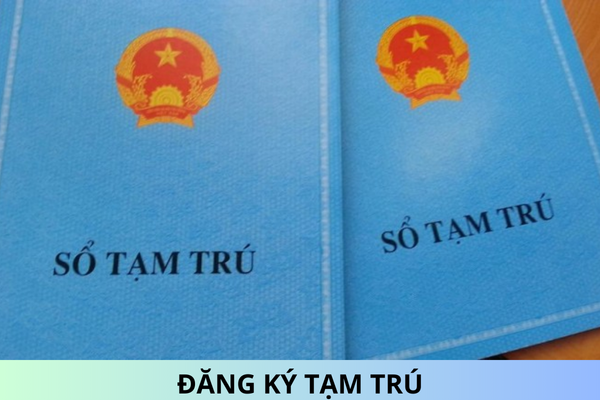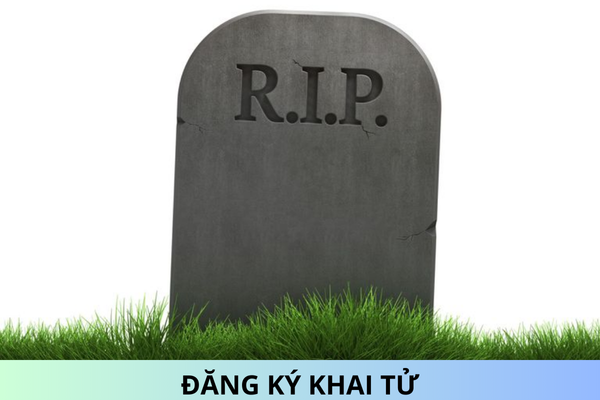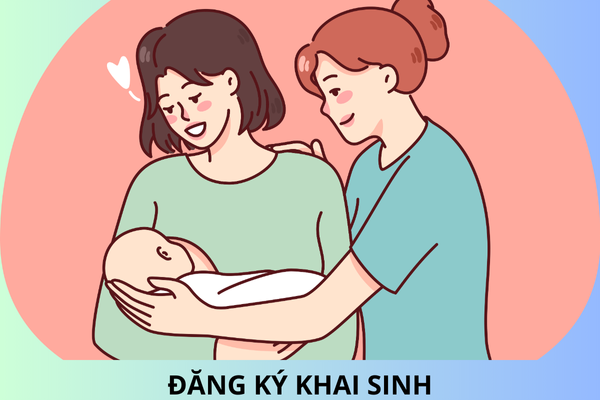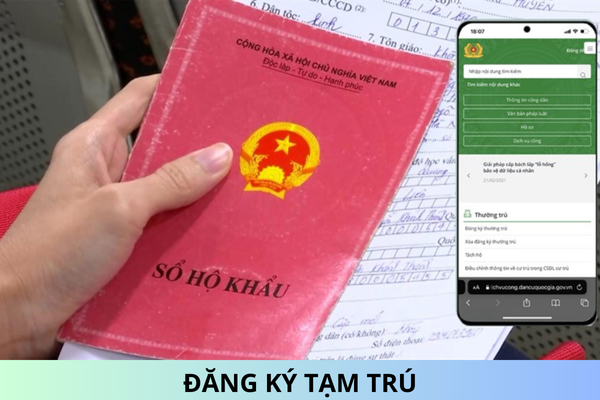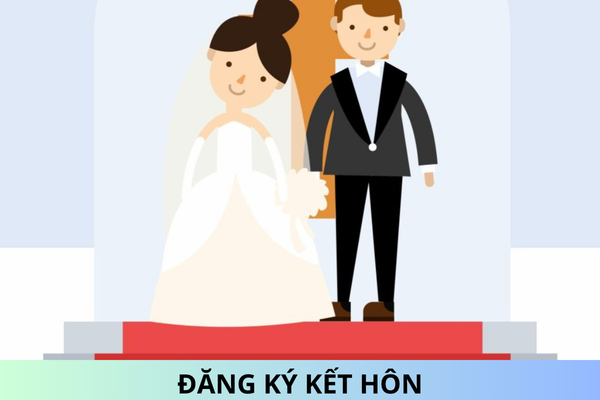Is it permissible for adopted children to inherit assets left by adopted parents in Vietnam?
Is it permissible for adopted children to inherit assets left by adopted parents in Vietnam? According to the law in Vietnam, how to divide inheritance when there is no will? In Vietnam: Can an adult child, whose name is not in the will, inherit?
Is it permissible for adopted children to inherit assets left by adopted parents in Vietnam?
My parents just passed away in a car accident. My grandparents have also passed away. Now, there are only me and my brother in the family. My brother is 32 years old and married, and I am 22 years old (I'm an adopted child). My brother does not allow me to receive my parents' inheritance because I am an adopted childand not in the bloodline. My adoptive parents suddenly passed away, so they didn't leave a will. Is it permissible for adopted children to inherit assets left by adopted parents?
Answer:
A natural person may make a will to dispose of his or her estate, may leave his or her property to an heir in accordance with law, or may inherit an estate left to him or her under a will or in accordance with law.
Pursuant to Article 653 of the Civil Code in 2015 stipulating as follows:
"Article 653. Inheritance relations between adopted children and their adoptive parents and biological parents
An adopted child and his or her adoptive parents may inherit each other's estates and may also inherit in accordance with articles 651 and 652 of this Code."
As regulations above, An adopted child and his or her adoptive parents may inherit each other's estates and may also inherit in accordance with the law.
Pursuant to Article 651 of the Civil Code in 2015 stipulating as follows:
"
Article 651. Heirs at law
1. Heirs at law are categorized in the following order of priority:
a) The first level of heirs comprises: spouses, biological parents, adoptive parents, offspring and adopted children of the deceased;
b) The second level of heirs comprises: grandparents and siblings of the deceased; and biological grandchildren of the deceased;
c) The third level of heirs comprises: biological great-grandparents of the deceased, biological uncles and aunts of the deceased and biological nephews and nieces of the deceased.
2. Heirs at the same level shall be entitled to equal shares of the estate.
3. Heirs at a lower level shall be entitled to inherit where there are no heirs at a higher level because such heirs have died, or because they are not entitled to inherit, have been deprived of the right to inherit or have disclaimed the right to inherit."
As regulations above, spouses, biological parents, adoptive parents, offspring and adopted children of the deceased are on the first level of heirs. Heirs at the same level shall be entitled to equal shares of the estate. Heirs at a lower level shall be entitled to inherit where there are no heirs at a higher level because such heirs have died, or because they are not entitled to inherit, have been deprived of the right to inherit or have disclaimed the right to inherit.
Pursuant to Article 621 and 622 of the Civil Code in 2015 stipulating persons not entitled to inherit as follows:
- Persons disclaimed the right to inherit
- Persons convicted of having intentionally caused the death of or harmed the health of the deceased, of having seriously mistreated or tortured the deceased, or of having harmed the honor or dignity of the deceased;
- Persons convicted of having intentionally caused the death of another heir in order to obtain all or part of the entitlement of such other heir to the estate;
- Persons deceiving, coercing or obstructing the deceased with respect to the making of the will, or forging, altering or destroying the will in order to obtain all or part of the estate contrary to the wishes of the deceased.
Thus: For the case you provide to us, you are the adopted child of your parents. Then, you are identified in the first level of heirs. Therefore, you and your brother (the biological child of your parents) will be entitled to an equal share of the estate left by your parents.
The fact that your brother does not let you inherit the inheritance left by your parents on the grounds that you are only your parents' adopted child is not in accordance with the law.
To protect your legitimate rights and interests, you can initiate a lawsuit to the People's Court to request a settlement.
Note: you will not be entitled to the inheritance left by your parents when falling in one of the cases of not enjoying the estate cited above.

According to the law in Vietnam, how to divide inheritance when there is no will?
When my grandfather died, he left behind a fortune of about 1 billion VND. However, he didn't leave a will. My grandfather has 3 children. Now, my grandmother and all three of my grandfather's children are still alive. How will the inheritance left by my grandfather be divided?
Answer:
A natural person may make a will to dispose of his or her estate, may leave his or her property to an heir in accordance with law, or may inherit an estate left to him or her under a will or in accordance with law.
Pursuant to Clause 1.a Article 650 of the Civil Code in 2015, inheritance at law shall apply when there is no will
Therefore: For the case that you provided to us, your grandfather died without leaving a will. Therefore, your grandfather's inheritance will be divided according to the law.
Pursuant to Clause 1 Article 651 of the Civil Code in 2015 stipulating heirs at law as follows:
- The first level of heirs comprises: spouses, biological parents, adoptive parents, offspring and adopted children of the deceased;
- The second level of heirs comprises: grandparents and siblings of the deceased; and biological grandchildren of the deceased;
- The third level of heirs comprises: biological great-grandparents of the deceased, biological uncles and aunts of the deceased and biological nephews and nieces of the deceased.
Thus: Based on the provisions cited above and the information you provide us, your grandmother and three children of your grandfather are determined to be the first level of heirs.
Therefore: Your grandfather's grandmother and three children are identified as heirs to your grandfather's portion of the inheritance.
Pursuant to Clause 2 and 3, Article 651 of the Civil Code in 2015 stipulating as follows:
"
Article 651. Heirs at law
...
2. Heirs at the same level shall be entitled to equal shares of the estate.
3. Heirs at a lower level shall be entitled to inherit where there are no heirs at a higher level because such heirs have died, or because they are not entitled to inherit, have been deprived of the right to inherit or have disclaimed the right to inherit.
As regulations above, heirs at the same level shall be entitled to equal shares of the estate. Heirs at a lower level shall be entitled to inherit where there are no heirs at a higher level because such heirs have died, or because they are not entitled to inherit, have been deprived of the right to inherit or have disclaimed the right to inherit.
Therefore: Your grandmother and three children of your grandfather will receive an equal share of the inheritance left by your grandfather.
For example: Your grandfather left a property worth 1 billion VND. Then, your grandmother and three children of your grandfather will each inherit the inheritance worth 250,000,000 VND.
Note: If your grandmother and three children of your grandfather disclaim the right to inherit (Article 620 of the Civil Code in 2015), or are not entitled to inherit (Article 625 of the Civil Code in 2015), they are eligible to receive inheritance left by your grandfather.
In Vietnam: Can an adult child, whose name is not in the will, inherit?
My husband and I have 3 children together. One of which is severely disabled. He's 20 years old, but he can lie in one place and is unable to do anything. The other two children are normal, intelligent, and obedient. My husband only loved two normal children and rejected the disabled child. Then, my husband passed away and left a will to divide his property between the two normal children. The disabled child receives nothing. Is this legally correct?
Answer:
Pursuant to Article 644 of the Civil Code in 2015 stipulating as follows:
"
Article 644. Heirs notwithstanding contents of wills
1. Where a testator does not grant any of the following persons an inheritance, or grants any such person an inheritance which is less than two-thirds of the share that person would have received if the estate had been distributed according to law, such person shall be entitled to a share of the estate equivalent to two-thirds of the share that he or she would have received if the estate had been distributed in accordance with law:
a) Children who are minors, father, mother, wife or husband of the testator;
b) Children who are adults but who are incapable of working.
2. Clause 1 of this Article shall not apply to persons who have disclaimed their inheritance as prescribed in Article 620 or person who are not entitled to inherit as prescribed in Clause 1 Article 621 of this Code."
As regulations above, children who are minors, father, mother, wife or husband of the testator or adults but who are incapable of working are still entitled to less than two-thirds of the share that person would have received if the estate had been distributed, or a share of the estate equivalent to two-thirds of the share that he or she would have received if the estate had been distributed in accordance with law.
However, In case a minor child, father, mother, wife, husband or adult child is unable to work in the following cases, he/she is not entitled to inheritance according to the above provisions:
- Persons disclaimed the right to inherit
- Persons convicted of having intentionally caused the death of or harmed the health of the deceased, of having seriously mistreated or tortured the deceased, or of having harmed the honor or dignity of the deceased;
- Persons having seriously breached their duty to support the deceased;
- Persons convicted of having intentionally caused the death of another heir in order to obtain all or part of the entitlement of such other heir to the estate;
- Persons deceiving, coercing or obstructing the deceased with respect to the making of the will, or forging, altering or destroying the will in order to obtain all or part of the estate contrary to the wishes of the deceased.
Therefore: For the case you provided above, your youngest child is 20 years old, severely disabled, unable to do anything and just lying in bed. Therefore, it can be determined that the child is an adult without working capacity. Although he is not allowed to inherit according to the will, but is still entitled to an inheritance equal to 2/3 of a legal heir if your husband's estate is divided according to law.
In case your son refuses to receive the estate or falls into the cases where he does not have the right to inherit the estate cited above, he will not be entitled to the inheritance.
Best regards!
